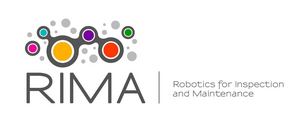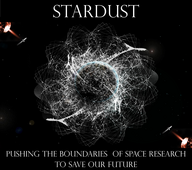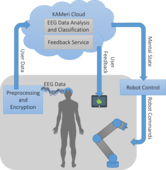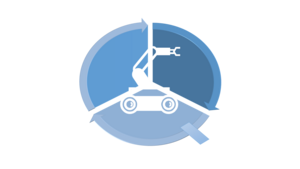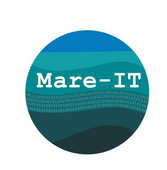
Research Departments
- Agents and Simulated Reality 6
- Augmented Vision 2
- Cognitive Assistants 10
- Cooperative and Autonomous Systems 4
- Cyber-Physical Systems 4
- Design Research eXplorations 1
- Embedded Intelligence 4
- Innovative Factory Systems 2
- Multilinguality and Language Technology 1
- Robotics Innovation Center
- Smart Data & Knowledge Services 2
- Speech and Language Technology 2
Research Topics
- Autonomous Systems 44
- Data Management & Analysis 9
- Human-Machine Interaction 25
- Image Recognition & Understanding 12
- Machine Learning & Deep Learning 34
- Other 11
- Robotics 64
- Sensors & Networks 16
- Virtual & Augmented Reality 4
Fields of application
- Environment & Energy 20
- Farming & Agricultural Technology 9
- Health & Medicine 8
- Industrie 4.0 25
- Knowledge & Business Intelligence 1
- Learning & Education 3
- Mobility 19
- Other 34
- Smart Home & Assisted Living 5
- Trade & Logistics 9
Displaying results 71 to 80 of 163.
Research Departments
- Agents and Simulated Reality 6
- Augmented Vision 2
- Cognitive Assistants 10
- Cooperative and Autonomous Systems 4
- Cyber-Physical Systems 4
- Design Research eXplorations 1
- Embedded Intelligence 4
- Innovative Factory Systems 2
- Multilinguality and Language Technology 1
- Robotics Innovation Center
- Smart Data & Knowledge Services 2
- Speech and Language Technology 2
Research Topics
- Autonomous Systems 44
- Data Management & Analysis 9
- Human-Machine Interaction 25
- Image Recognition & Understanding 12
- Machine Learning & Deep Learning 34
- Other 11
- Robotics 64
- Sensors & Networks 16
- Virtual & Augmented Reality 4
Fields of application
- Environment & Energy 20
- Farming & Agricultural Technology 9
- Health & Medicine 8
- Industrie 4.0 25
- Knowledge & Business Intelligence 1
- Learning & Education 3
- Mobility 19
- Other 34
- Smart Home & Assisted Living 5
- Trade & Logistics 9



